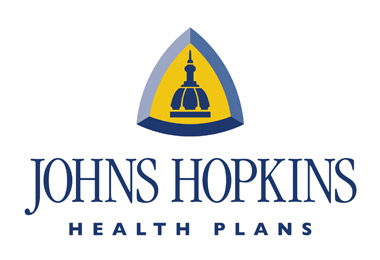Pilot Study Provides ‘Blueprint’ for Evaluating Diet’s Effect on Brain Health
Read Full ArticleLatest News
-
07/25/2024
Study Suggests Preoperative Iron Infusions Work Better Than Blood Transfusions for Some Anemic Patients

-
07/24/2024
Driving Compliance and Efficiency: Johns Hopkins Health Plans Leverages AI for Superior Member Care

-
07/24/2024
Johns Hopkins Medicine’s Center for Inherited Disease Research Renews 7-Year Award for Up To $98 Million

Contact Johns Hopkins Media Relations
Johns Hopkins Medicine In the News
-
Gen X faces higher cancer rates than any previous generation
Changes in food preparation, such as an increase in processed foods and meals, might be a fact – and so might environmental or chemical exposures, such as those from pollution and plastics, says Otis Brawley, a professor of oncology at Johns Hopkins University School of Medicine.
-
The 3 most common illnesses you can catch at a swimming pool
The most common cause of swimming-related illness outbreaks is diarrhea. “This is one of the reasons why, if there is a fecal accident in a pool, there is protocol the lifeguards and pool operators follow before allowing people back into the water,” explains Dr. Clare Rock, an associate professor at the Johns Hopkins University School of Medicine.
